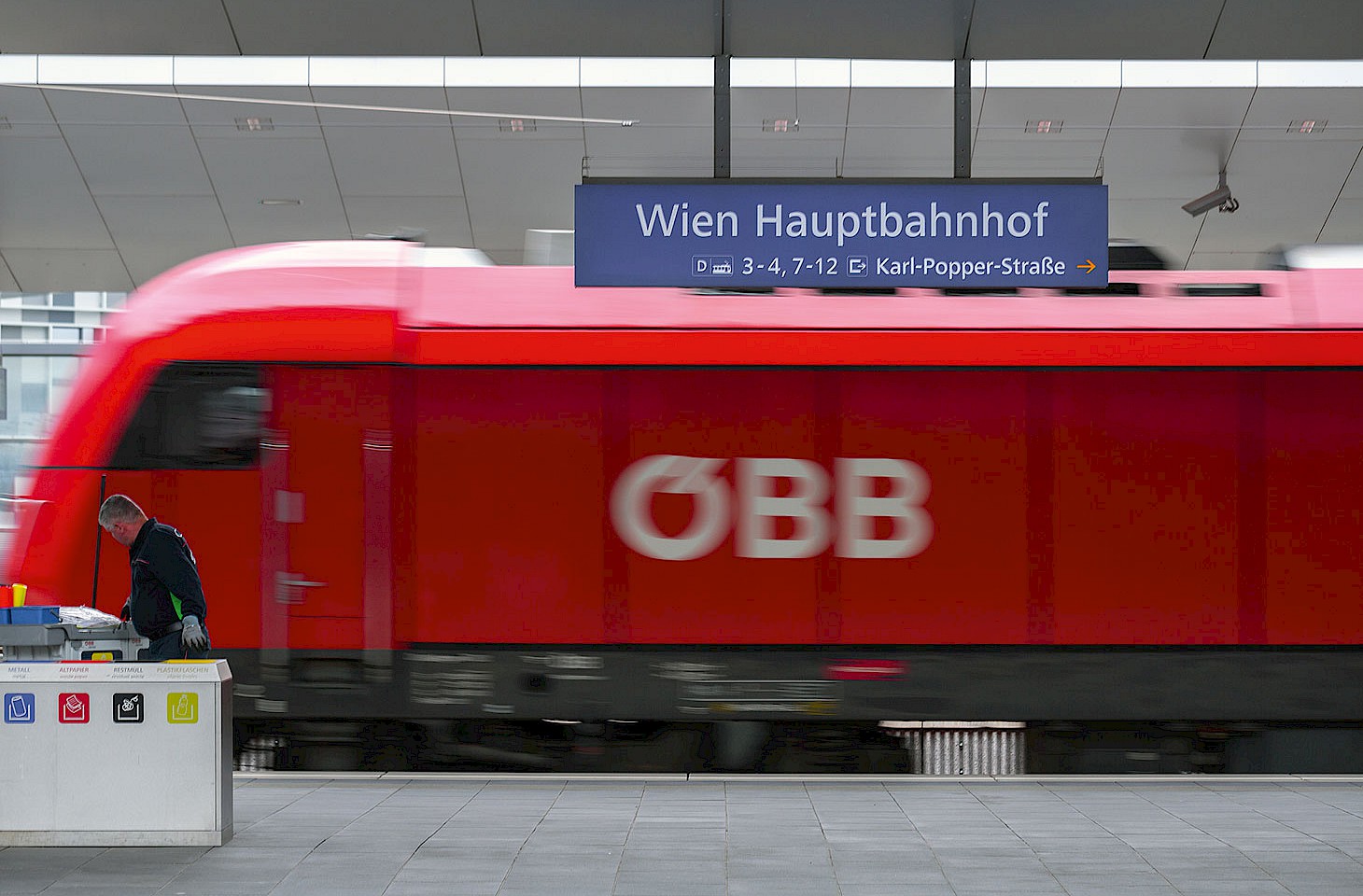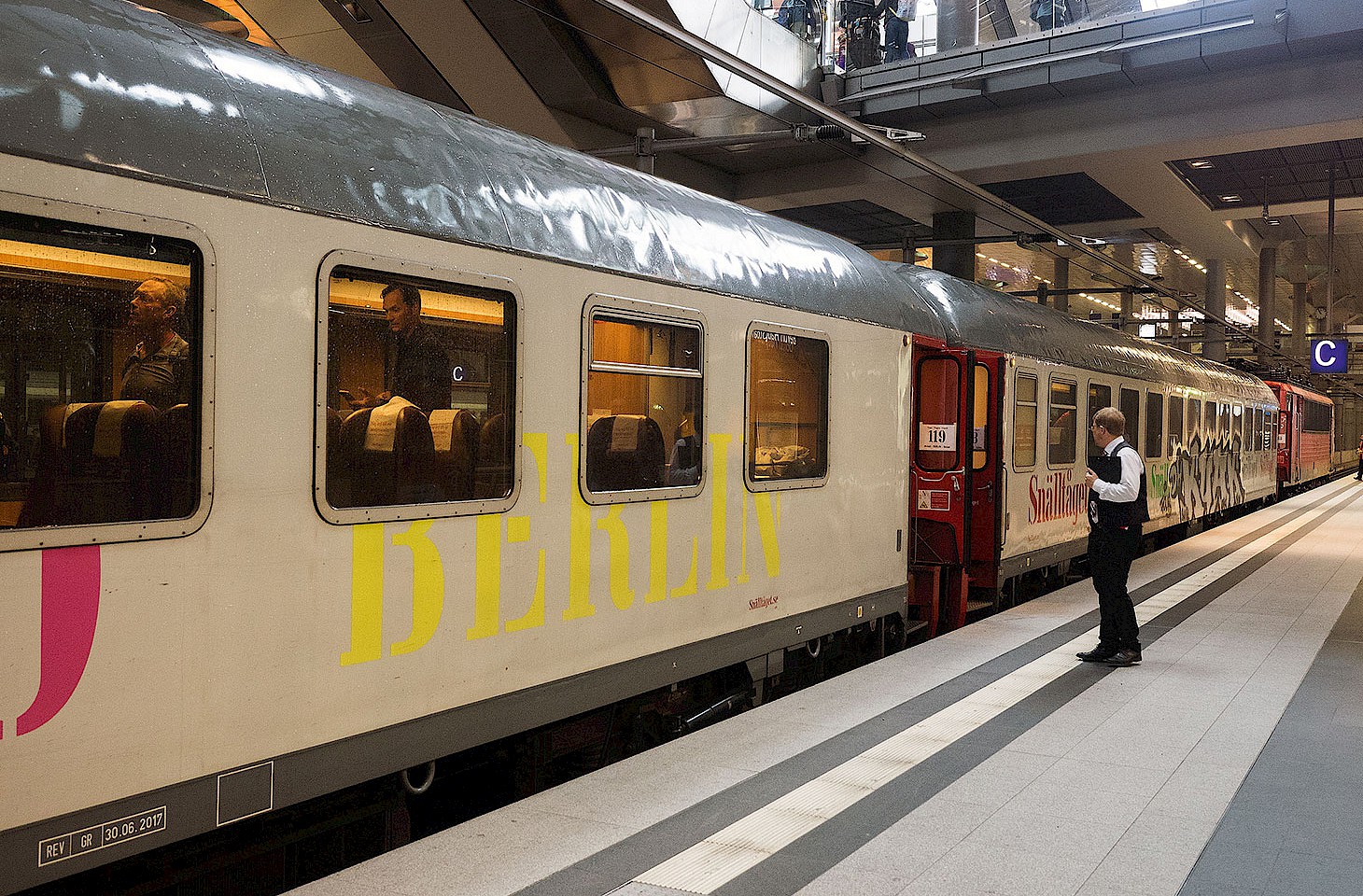Dear fellow travellers
Consider a journey that starts in the Swiss Alps and ends in an abandoned city in the south Caucasus region. To be more precise, we'll start at Pontresina, just over the hill from St Moritz. It's a place where poets and philosophers used to come for their holidays. From Matthew Arnold to Herbert Marcuse. Stefan Zweig was a regular, and discovered in Pontresina what he claimed were the best petits fours in the world.
Nowadays, the literati are gone, but Pontresina is the amiable starting point for our travels in the March 2007 issue of our magazine.
In this new issue of hidden europe we meander through Europe, stopping off in Vojvodina en route. Can you imagine a territory the size of Wales that has six official languages? Guest writer Laurence Mitchell introduces us to a couple of small towns in Banat. And we visit communities in Russia where generations of industry have slowly taken their toll, creating a modern landscape of decay.
Along the way, we make some diversions. To El Hierro in the Canaries, in search of an old prime meridian; to some of Scotland's remotest mainland communities; to Plopsaland on the Belgian coast and to a few airport churches and chapels. And we join hidden europe's regular correspondent Karlos Zurutuza who travels from the Armenian capital, Yerevan, to the de facto republic of Nagorno Karabakh. Have a look at the full table of contents of hidden europe 13 on our website.
To celebrate two years of hidden europe, we have a special offer that lasts until Sunday 4 March. Take out a new one year subscription, starting with issue 13, and add a free back issue of your choice.
Shrovetide frolics
Saturday morning in Donaueschingen, a small town on the edge of the Black Forest in southwest Germany, had that unmistakable 'morning after the night before' feeling. The empty streets were still bedecked with balloons and banners, and coloured confetti swirled on the cobbles. In the Café Olé, the last of last night's revellers lingered over a slow coffee. During the evening and night they were demons, witches and spirits. This morning they are just feeling very, very tired.
There's nothing like a carnival for a little bit of licensed bacchanalia. And these days in the run-up to Ash Wednesday (tomorrow) are the chance for usually sane and sensible Germans to do utterly ridiculous things, like jumping in fountains, painting their faces red and kidnapping the local mayor. The normal social order is disrupted by an officially sanctioned bout of liminal madness.
In southwest Germany and northern Switzerland, these days of heady chaos are called Fasnet. For the best part of a week, there are parades laced with fiery rituals which give the whole affair a rather pagan tone. Menacing masks and a pre-Lent orgy of doughnut eating are the order of the day. Curious displays of public promiscuity and ritualised transgressions abound. Carnivalesque inversions of the usual hierarchies allow revellers to mock the mayor, the bishop, the government or the police. And, within limits, without fear of reprisals. It all works because deep down we all know who is really in charge. And tomorrow the conventional order will be restored. The key to the town hall, handed over by the mayor to a clutch of jesters last Friday evening will be returned, and everyone in Donaueschingen will go back to work.
In some centres, like Rottweil and Villingen, Fasnet has become an industry that purposefully appeals to visitors from far and wide. But in Donaueschingen, as in a thousand other towns and villages across the region, this harmless bit of bacchanalia is a community performance that appeals only unto itself. Outsiders, while tolerated, are few and far between. Ultimately, Fasnet, like so many similar unsung festivals around Europe, is just one of the important ways in which communities negotiate and proclaim their own identities.
Nicky Gardner and Susanne Kries
(editors, hidden europe magazine)



